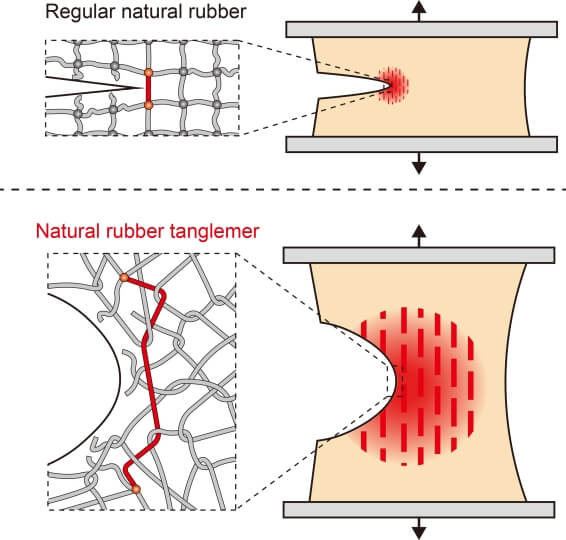2025-05-22 ワシントン州立大学(WSU)

Lentil hummus after undergoing the microwave sterilization (MATS) process. It was then subjected to other tests to see how long it was safe from pathogens. The process was found to keep the hummus safe for up to two years at room temperature if unopened. (Photo courtesy of Burcu Tenderis)
<関連情報>
- https://news.wsu.edu/press-release/2025/05/22/microwave-technologies-give-hummus-longer-shelf-life-eliminate-preservatives/
- https://onlinelibrary.wiley.com/doi/abs/10.1111/jfpe.70104
革新的マイクロ波技術によるビタミンC強化レンズ豆フムスの開発 Development of Vitamin C-Enriched Lentil Hummus With Innovative Microwave Technologies
Burcu Tenderis, Zhongwei Tang, Huimin Lin, Stewart Bohnet, Juming Tang, Shyam S. Sablani
Journal of Food Process Engineering Published: 12 April 2025
DOI:https://doi.org/10.1111/jfpe.70104
ABSTRACT
Hummus, a nutrient-dense food rich in dietary fiber, plant-based proteins, and various micronutrients, is widely consumed in many countries worldwide. However, its preparation methods can pose a risk of microbial contamination and foodborne outbreaks. This study aimed to evaluate the use of innovative technologies of microwave-assisted thermal sterilization (MATS) technologies and microwave-assisted pasteurization system (MAPS) in the production of microbially safe ready-to-eat hummus. Experimental studies provided data on the lipid oxidation, color, pH, and vitamin C content in microwave-processed lentil hummus during the storage process. The lipid oxidation value of the lentil hummus was found to be below the acceptable threshold. By the end of the storage period, the retention of vitamin C was measured at 76% in MAPS-treated samples and 33.5% in MATS-treated samples. MAPS-treated samples showed stable color properties throughout storage, whereas MATS-treated samples exhibited a decrease in L* values. Both MAPS and MATS methods initially increased the pH of the hummus samples, followed by a gradual decline during storage. These technologies ensure the safety of mass-produced hummus without chemical preservatives.



